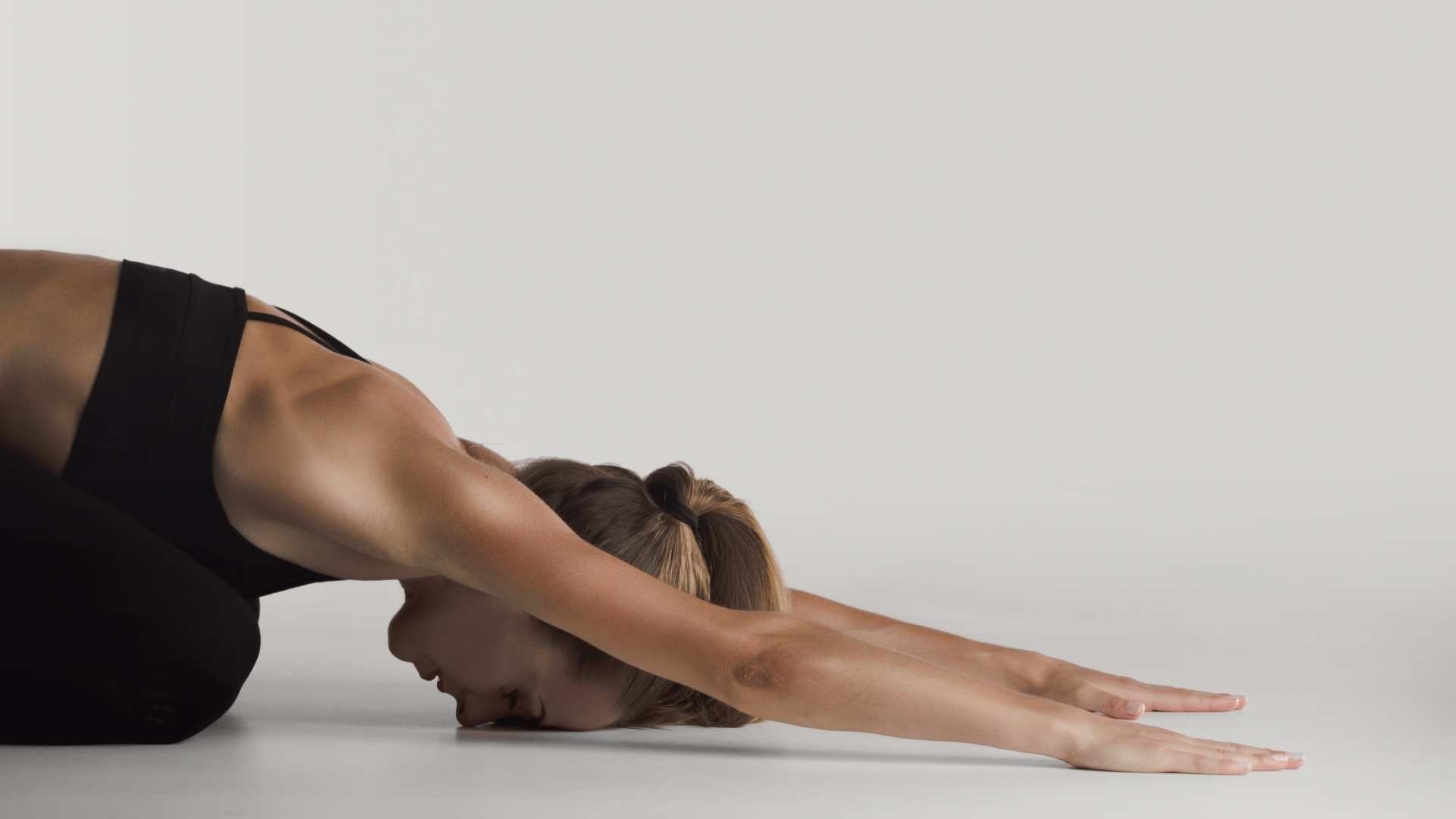
THE BEST STRETCHES TO START YOUR FLEXIBILITY JOURNEY (FOR BEGINNERS)
Everyone can improve their flexibility. Whether you feel like you are made of concrete or struggling to touch your toes or do a slight backbend, don't worry, you're not alone! Many people struggle with flexibility issues. The good news is that there are efficient and easy stretches you can do to become more flexible—at any age or fitness level. This article discusses the best stretches to start with if you want to become more flexible. We also provide tips on how to stick with your stretching routine so that you can see results!
If you are more advanced in your flexibility journey, you might want to switch to one of the following resources:
-Understanding flexibility to achieve more of it
-The art of flexibility—stretching techniques scientifically explained
-13 tools elite athletes use to enhance their flexibility
BEGIN WITH STATIC STRETCHES
Static stretches are the most common type of stretches, and they are probably what you think of when you think of stretching. Static stretches involve reaching a position and holding it for some time. These stretches are great because they can be done anywhere, at any time. You don't need any equipment or particular space; all you need is your body and a little bit of patience! When holding a static stretch, make sure to breathe deeply and relax into the position. You should feel resistance, but it should never hurt to do a static stretch; if it does, ease out of the position until you no longer feel pain.
HAMSTRING STRETCH

- Lie on your back with both legs extended in front of you.
- Place a strap or towel around the middle of your right foot.
- Gently pull your right leg towards you until you feel a stretch in the back of your thigh. Keep your leg straight.
- Hold for 30 to 60 seconds and repeat on the other side.
CALF STRETCH

- Stand with your feet hip-width apart and place your hands on a wall or chair for support.
- Step back with your right leg, keeping your heel flat on the ground and your leg straight. You should feel a stretch in your right calf muscle.
- Hold for 30-60 seconds and repeat on the other side.
CORE STRETCH

- Lie down with your chest down on the floor.
- Slowly push your shoulders and chest away from the floor until you feel a stretch in your abs.
- Make sure you keep you shoulders down, away from your neck and try to keep your shoulder blades back as if you wanted to squeeze an object in between your shoulder blades.
- Look straight ahead, not up.
QUAD STRETCH
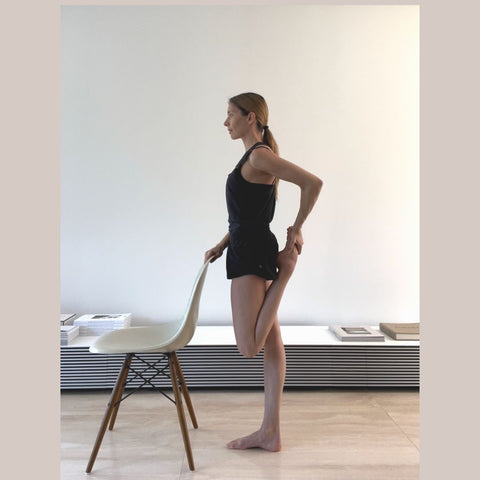
- Stand on your left leg (Use a chair for balance support if needed).
- Bend your right knee and pull your right heel towards your glute.
- Keep your core engaged (do not arch your back).
- Hold for 30-60 seconds and repeat on the other side.
SLOWLY MOVE INTO DYNAMIC STRETCHES
Dynamic stretches are a bit more advanced than static stretches, but they still can be carried out by beginners. These types of stretches involve moving your body through a range of motion and can be done with or without equipment. They are often used as part of a warm-up routine before physical activity because they help prepare your body for movement. Dynamic stretches should always be performed carefully. Remember, you can easily harm yourself at the end range of any movement, so be gentle when your muscles are fully extended.
CRESCENT TO HAMSTRING STRETCH

- Stand up straight, step one foot back into a wide lunge pose.
- Bend your front knee and place your hands on the floor by your foot.

- Reach your hands up and back overhead to move into Crescent Pose. If lifting your hands is too difficult or shaky, keep your hands down and just lift your upper body up.
- Squeeze your glute and push your hips forward.
- Lower your arms to the floor (or your upper body if no-hands-up option).
- With your hands down on the ground, straighten your front leg and lean forward over your front leg to stretch your hamstring. If you can't reach the ground with a straight front leg, use blocks to elevate your hands on each side.

- Repeat ten times slowly before switching sides.
PRACTICE ROTATIONAL MOVEMENTS
Rotational movements are another type of dynamic stretch that can help to improve your flexibility. These types of stretches involve rotating your trunk, head, or limbs around a central point. They are often used to stretch the muscles and ligaments around the spine and can be done with or without equipment.
TRUNK ROTATION

- Sit on the ground with your knees bent and feet flat on the ground.
- Place your hands behind your head and twist your torso to the right, then to the left.
- Repeat for a total of ten repetitions.
LYING TRUNK ROTATION

- Lie down onto your back.
- Bend your knees by engaging your core.
- Rotating your knees to the right and to the left, always keeping your core engaged.
- Repeat 10 times.
HOW TO STICK WITH YOUR STRETCHING ROUTINE?
Now that you know basic stretches to improve your flexibility, it's important to talk about how to stick with your stretching routine. The following tips will help you stay on track so that you can see results:
- Make a schedule: One of the best ways to make sure that you're stretching regularly is to add it to your daily routine. Find the best moment of your day to allocate a few minutes to stretching. Consistency is key.
- Set goals: Another great way to stay motivated is to set goals. For example, if you want to be able to touch your toes by the end of the month, make that your goal! It will give you a tangible picture to work towards and help you stay on track.
- Find a partner: If you find it difficult to stick with a stretching routine on your own, find a friend or family member who is also interested in improving their flexibility. This way, you can hold each other accountable and make sure that you're both sticking to your goals.
CONCLUSION
Remember, consistency is key! The more often you stretch, the more flexible you will become. To help your flexibility knowledge, find more information on flexibility and joint health for beginners and complement your new Flexi-habits with a clean and safe flexibility supplement.
And finally, get out there and start stretching!
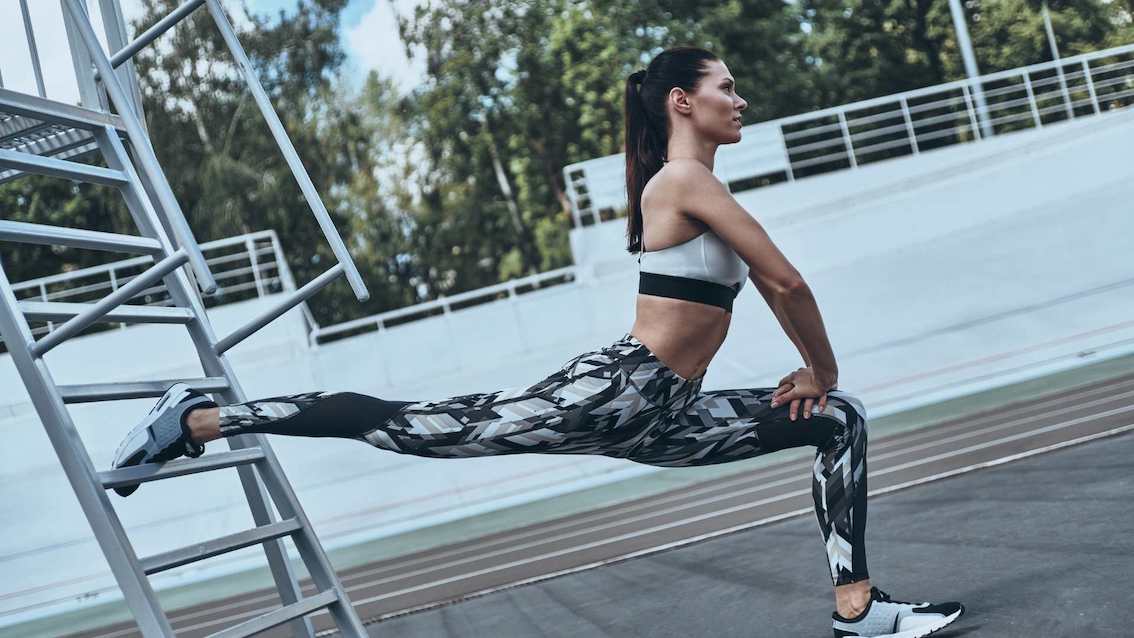

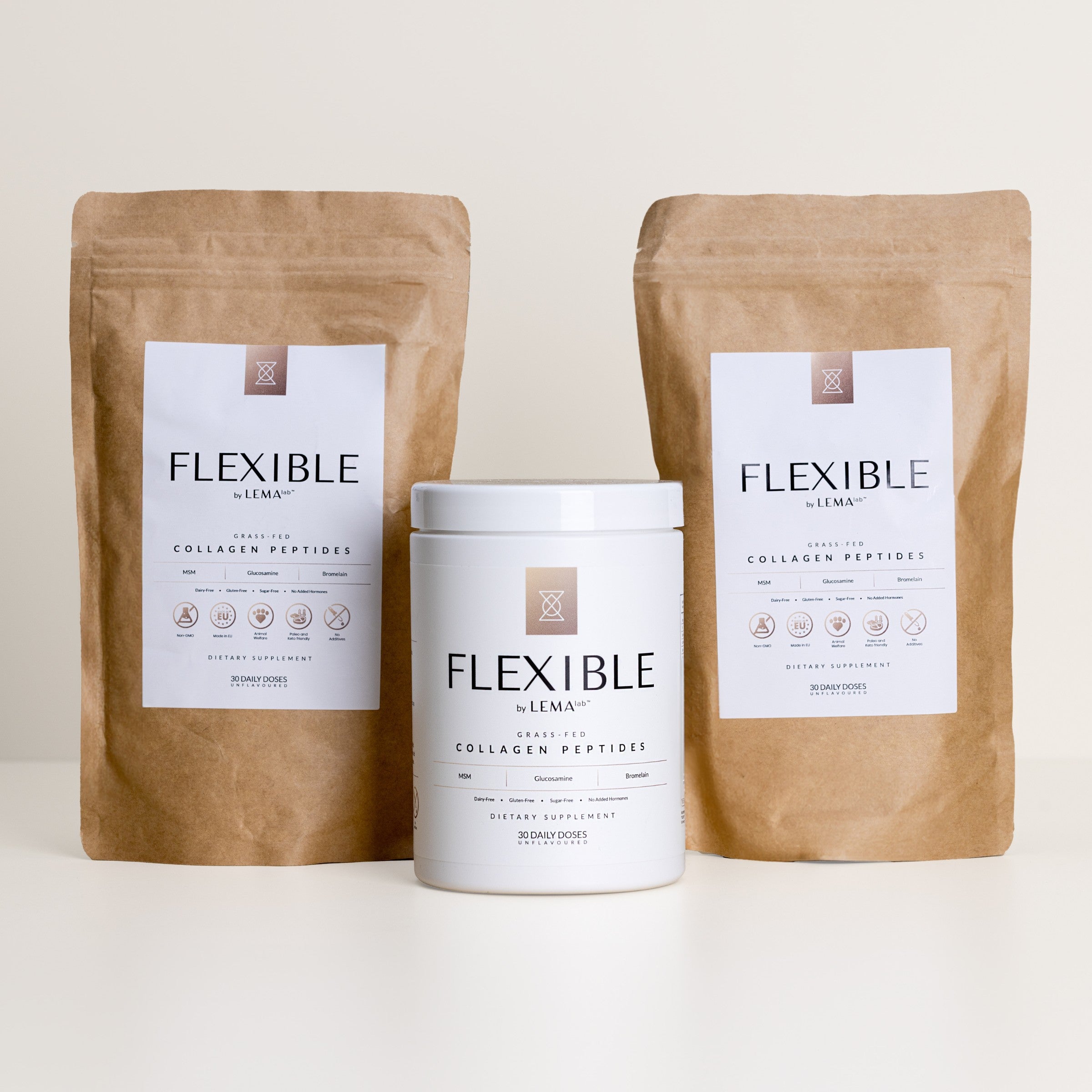
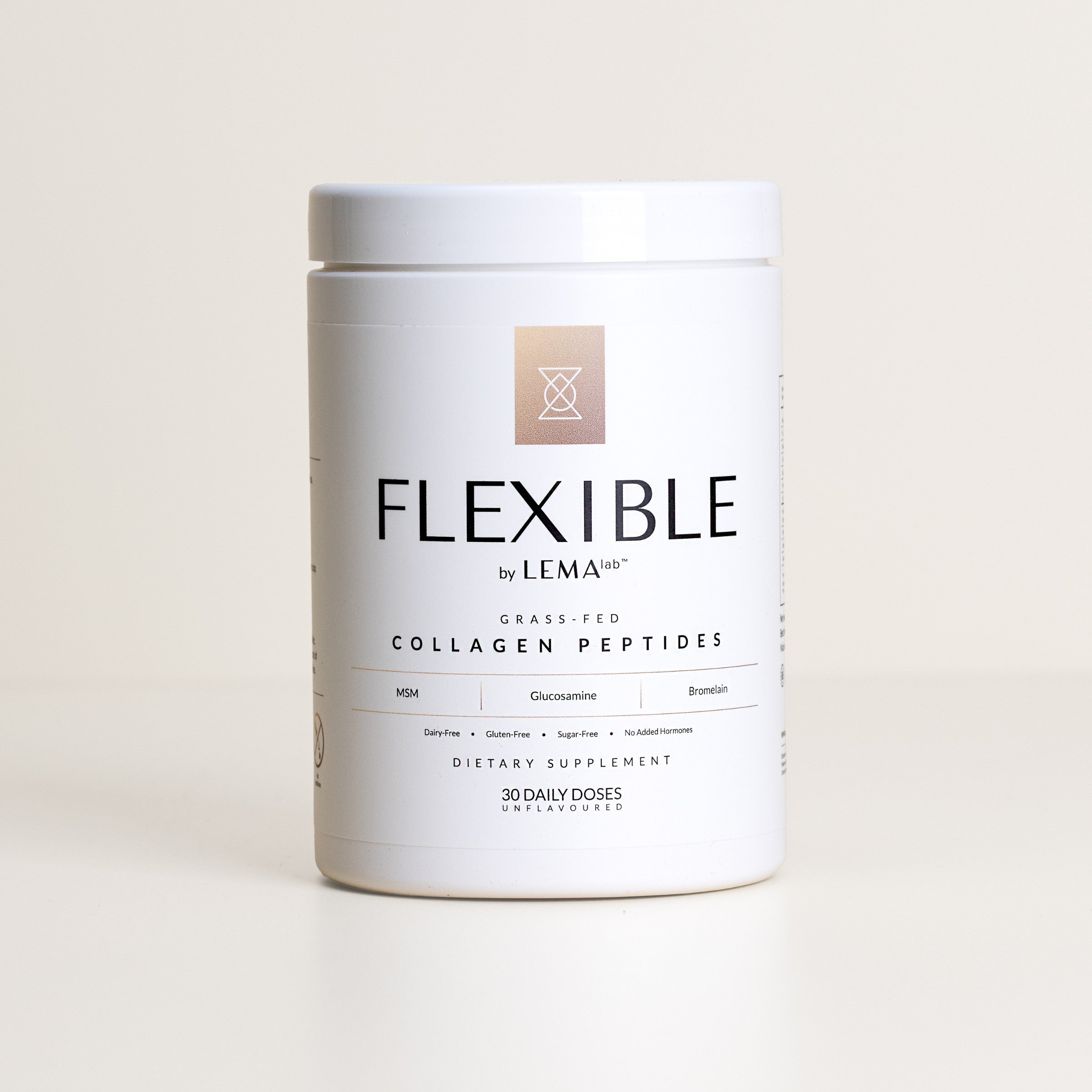
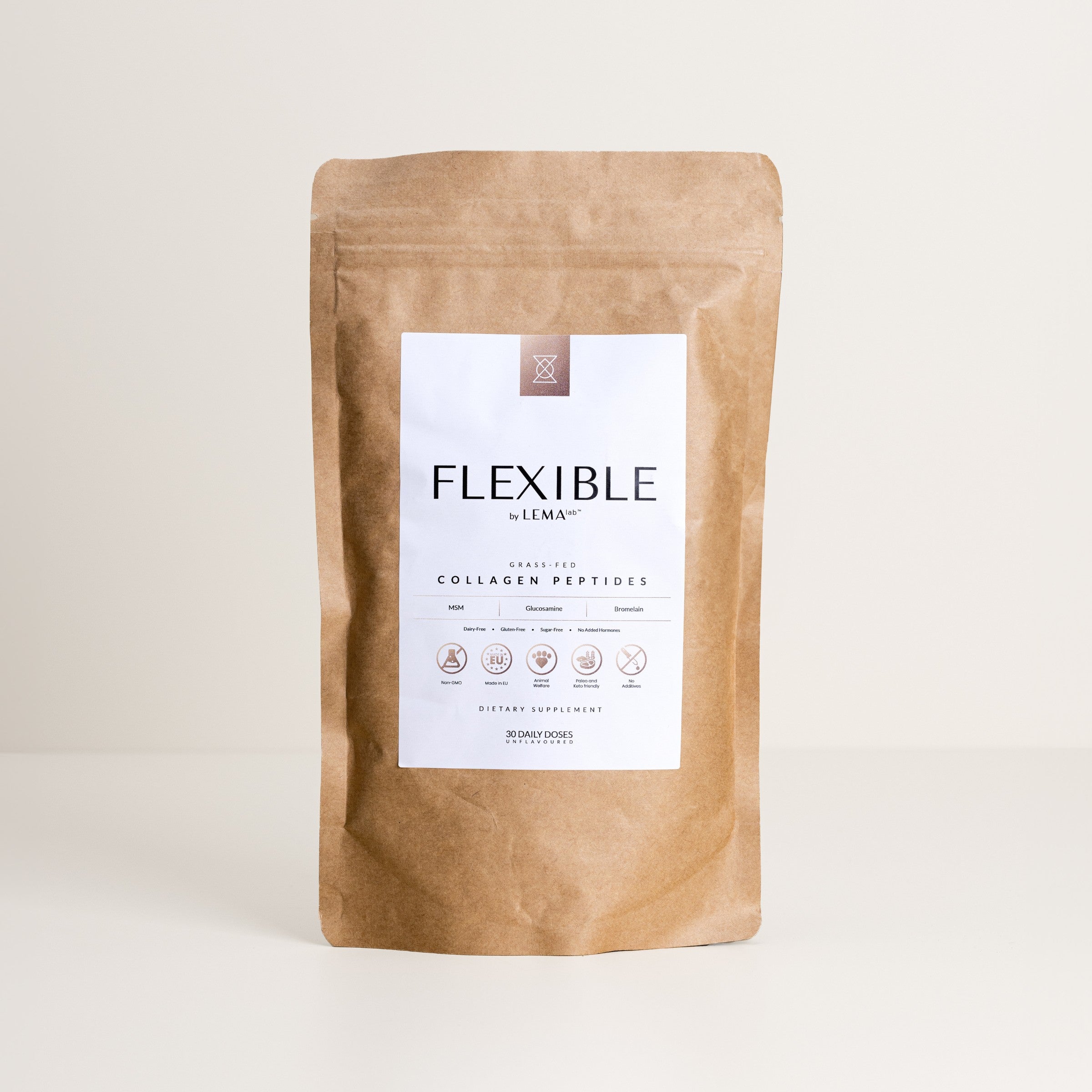
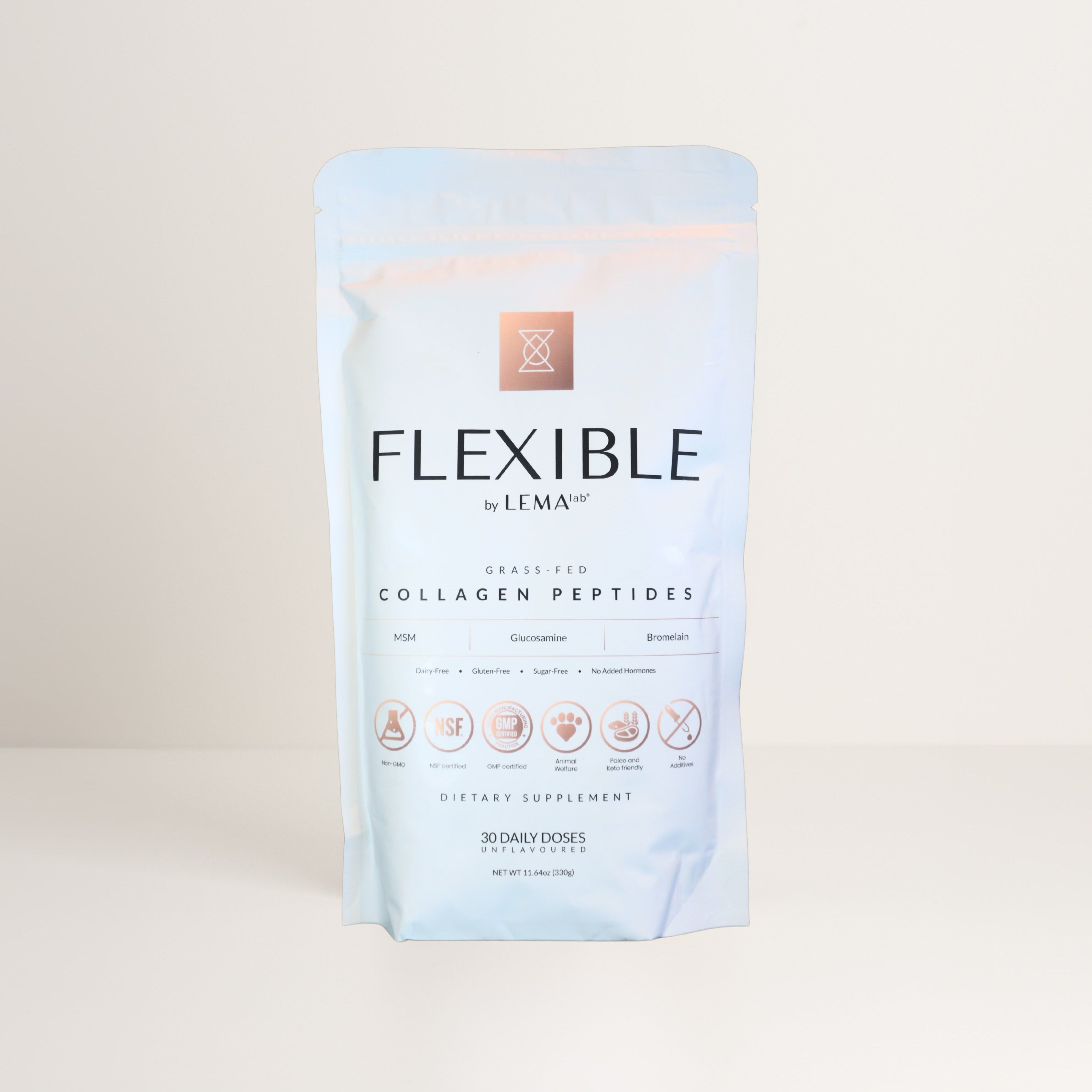
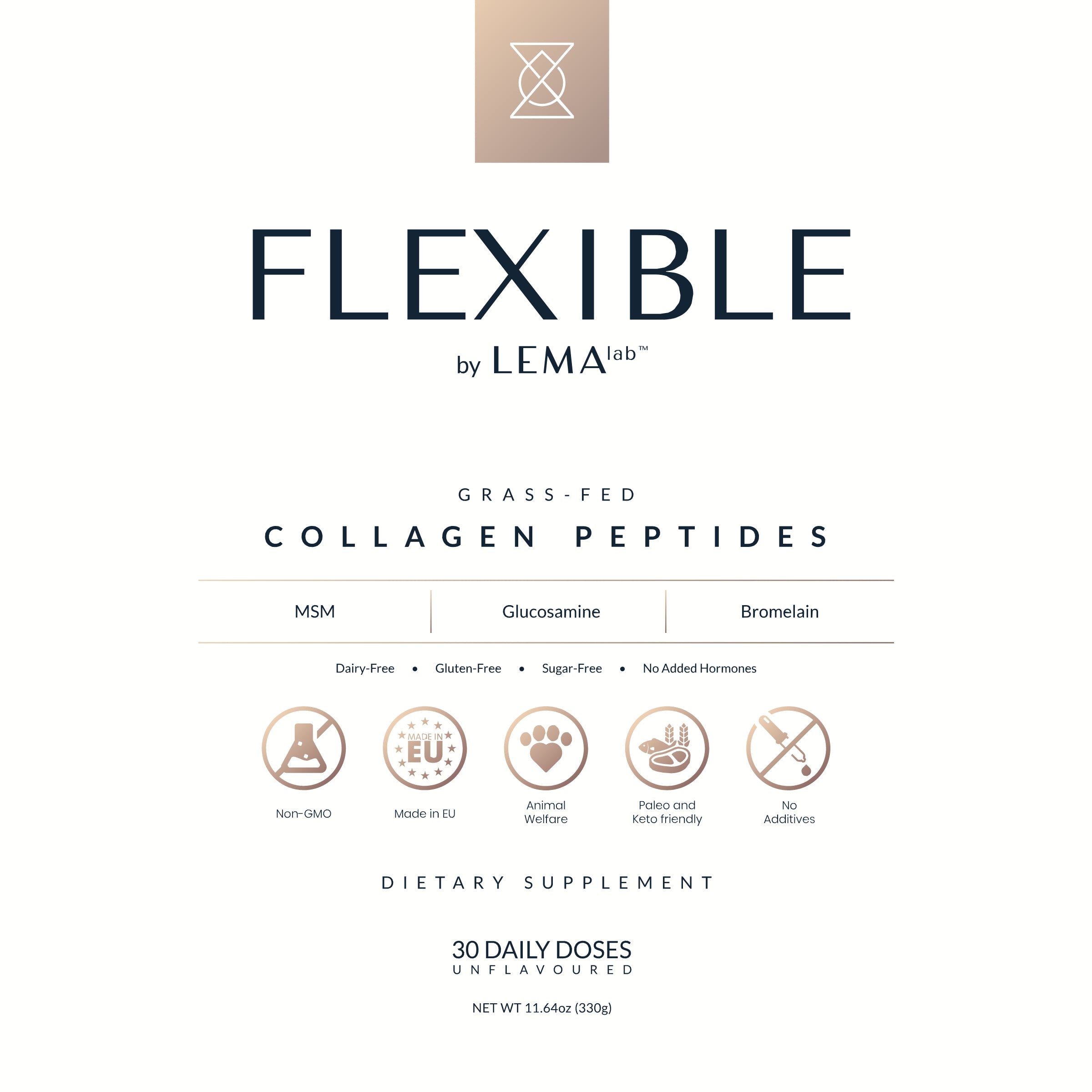
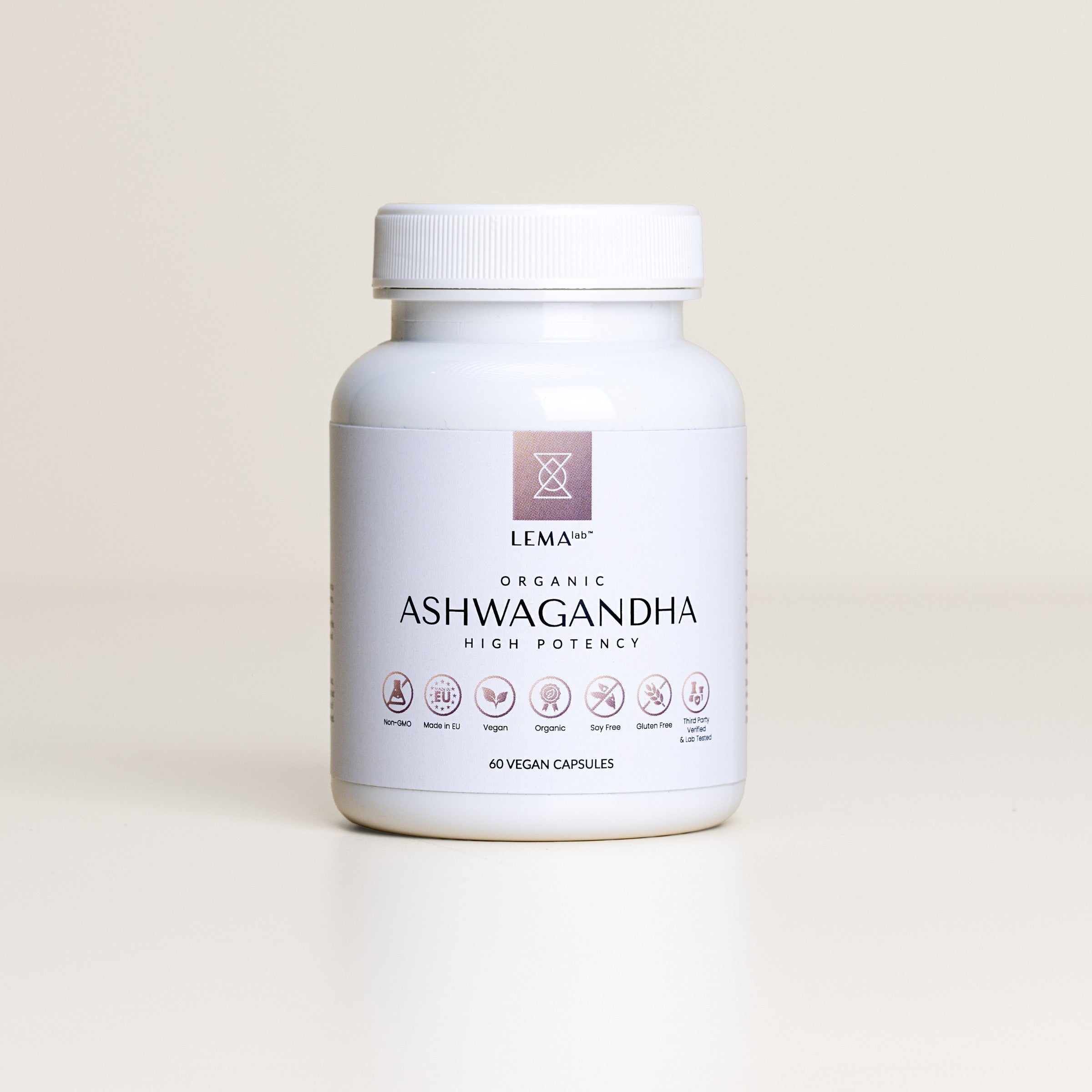
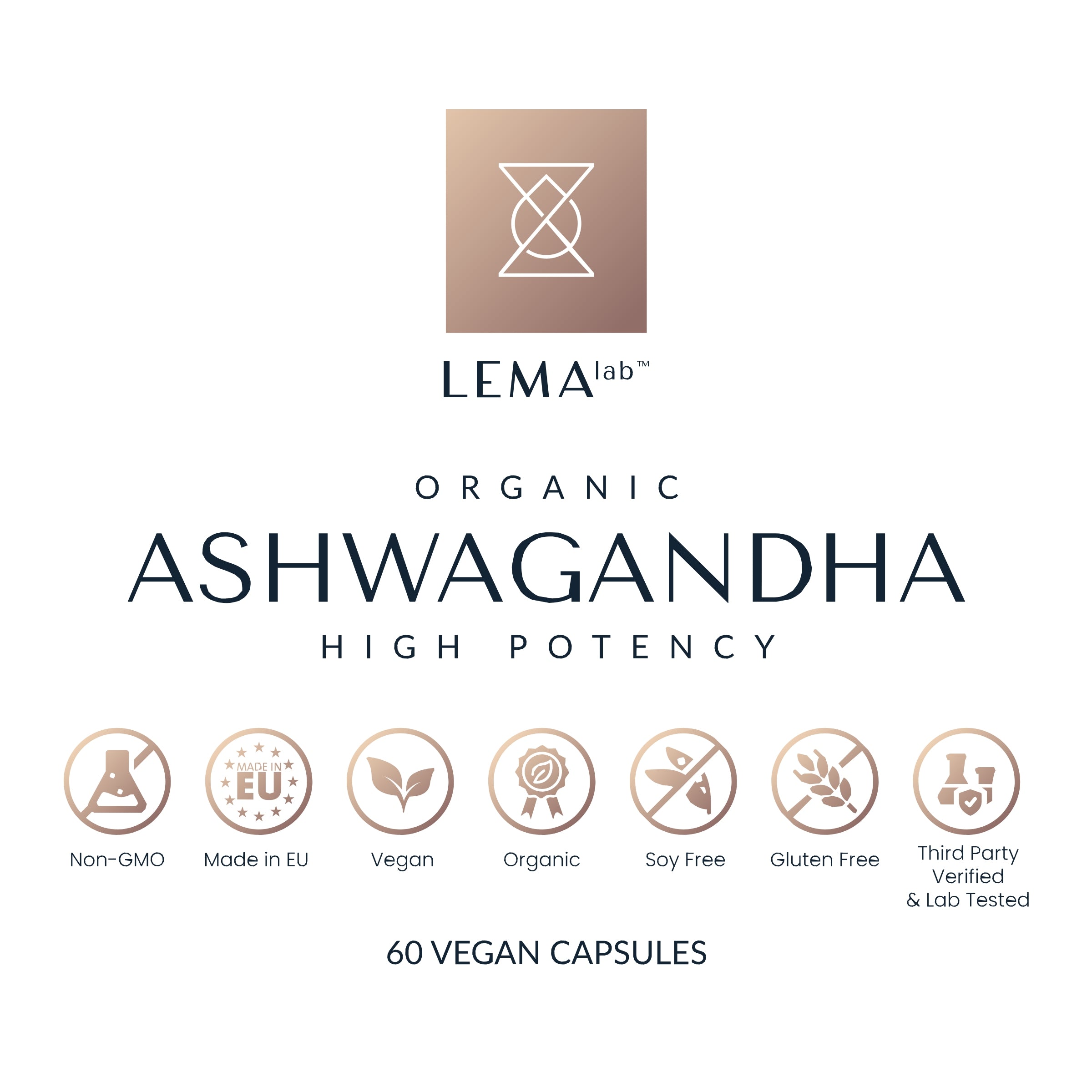
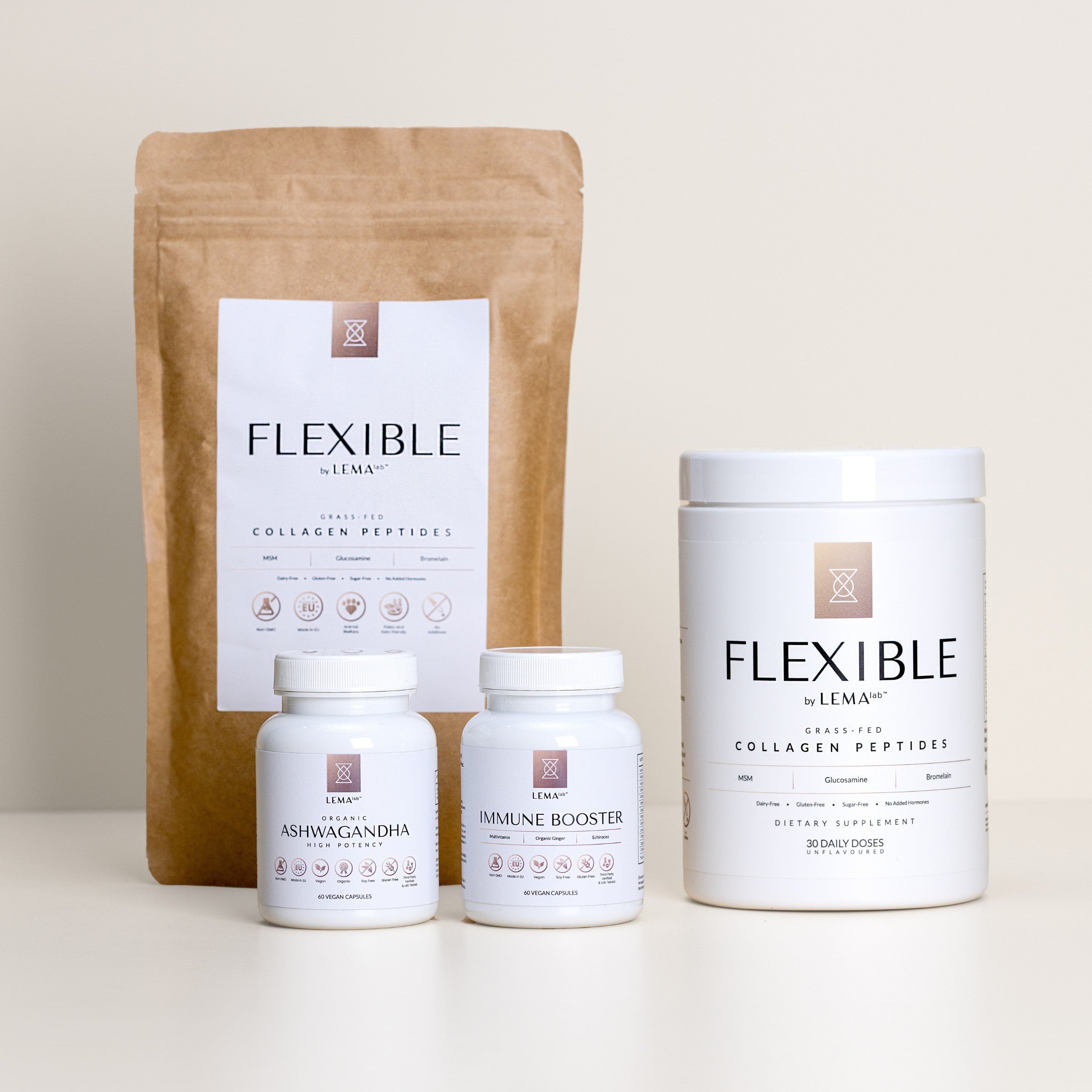

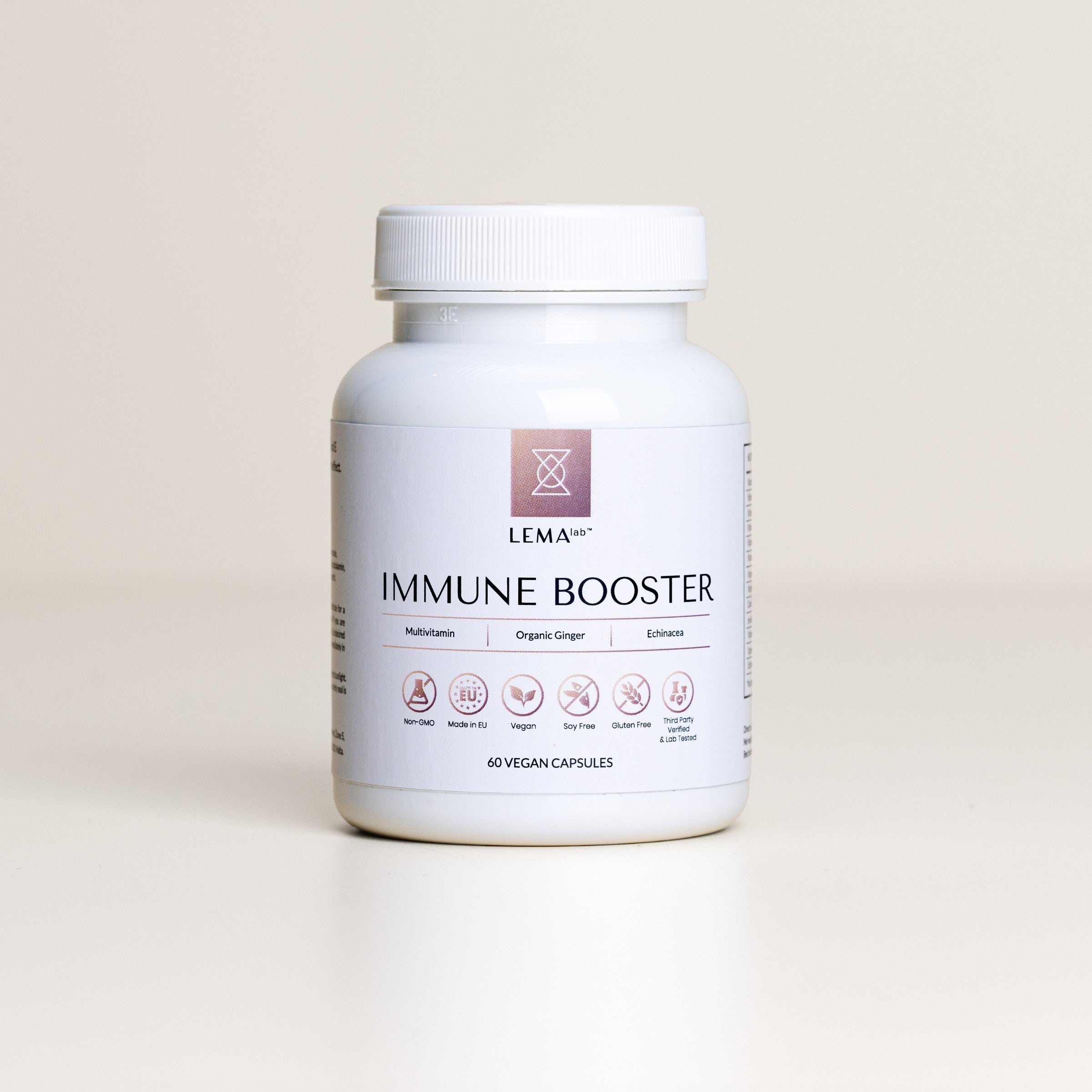
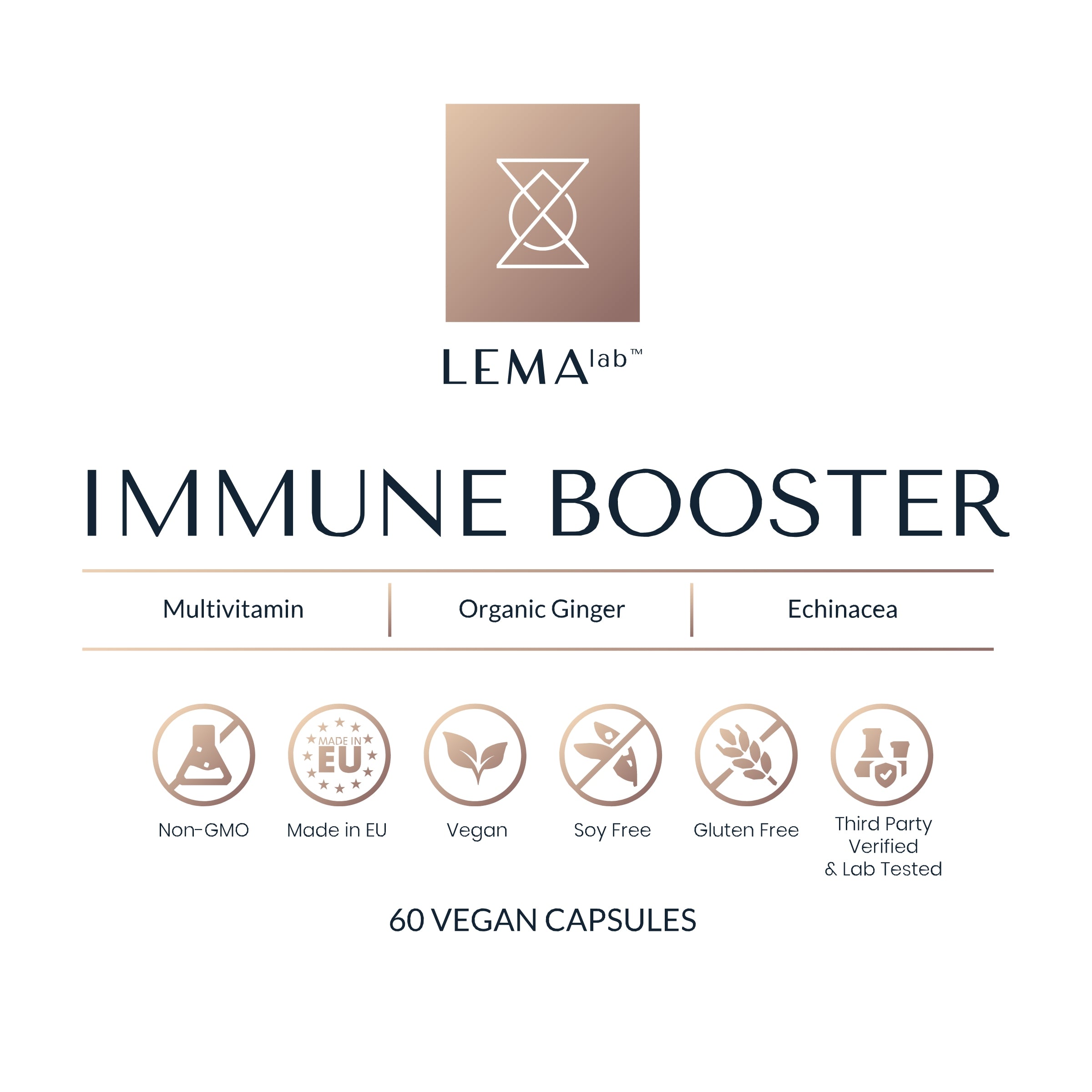
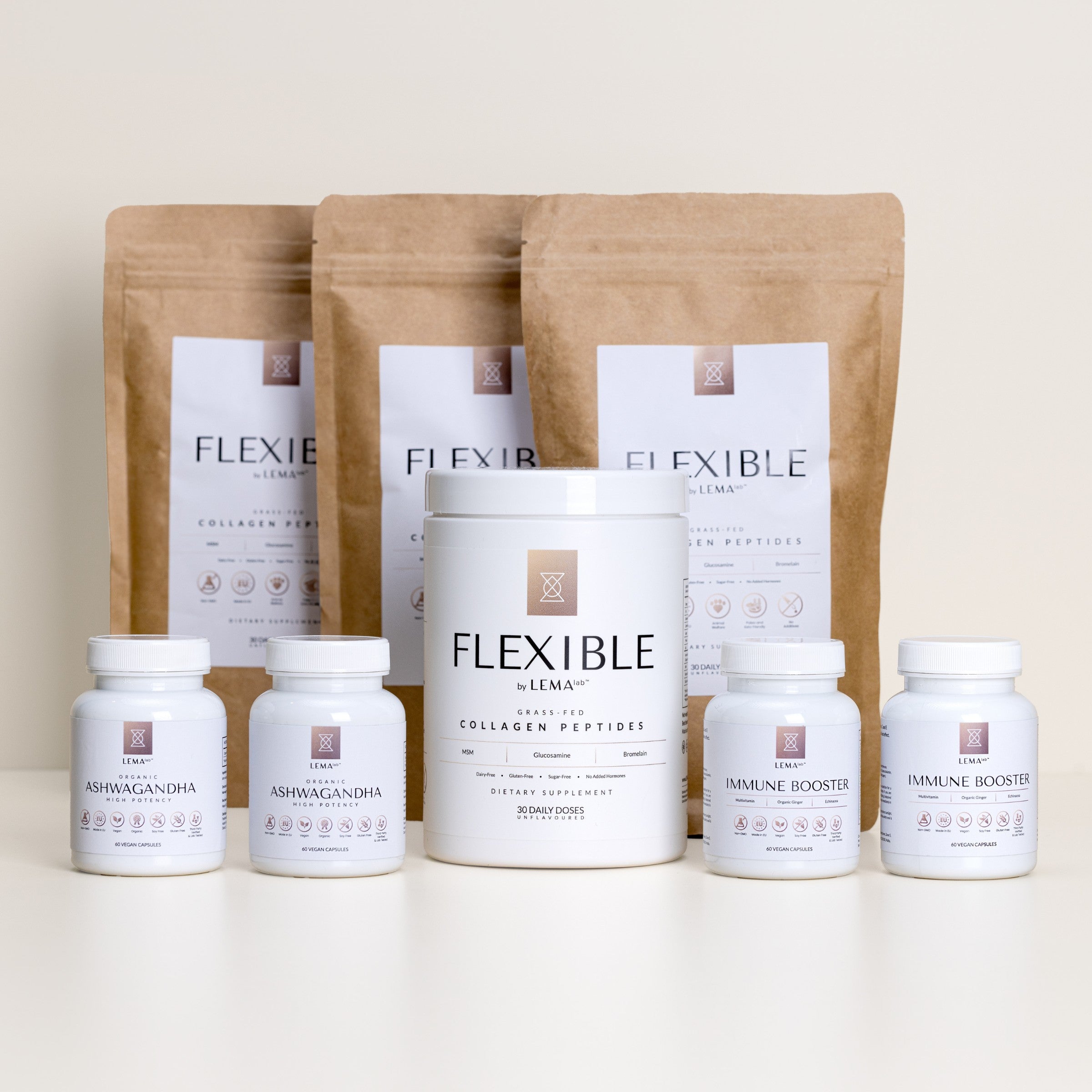
Leave a comment
This site is protected by hCaptcha and the hCaptcha Privacy Policy and Terms of Service apply.